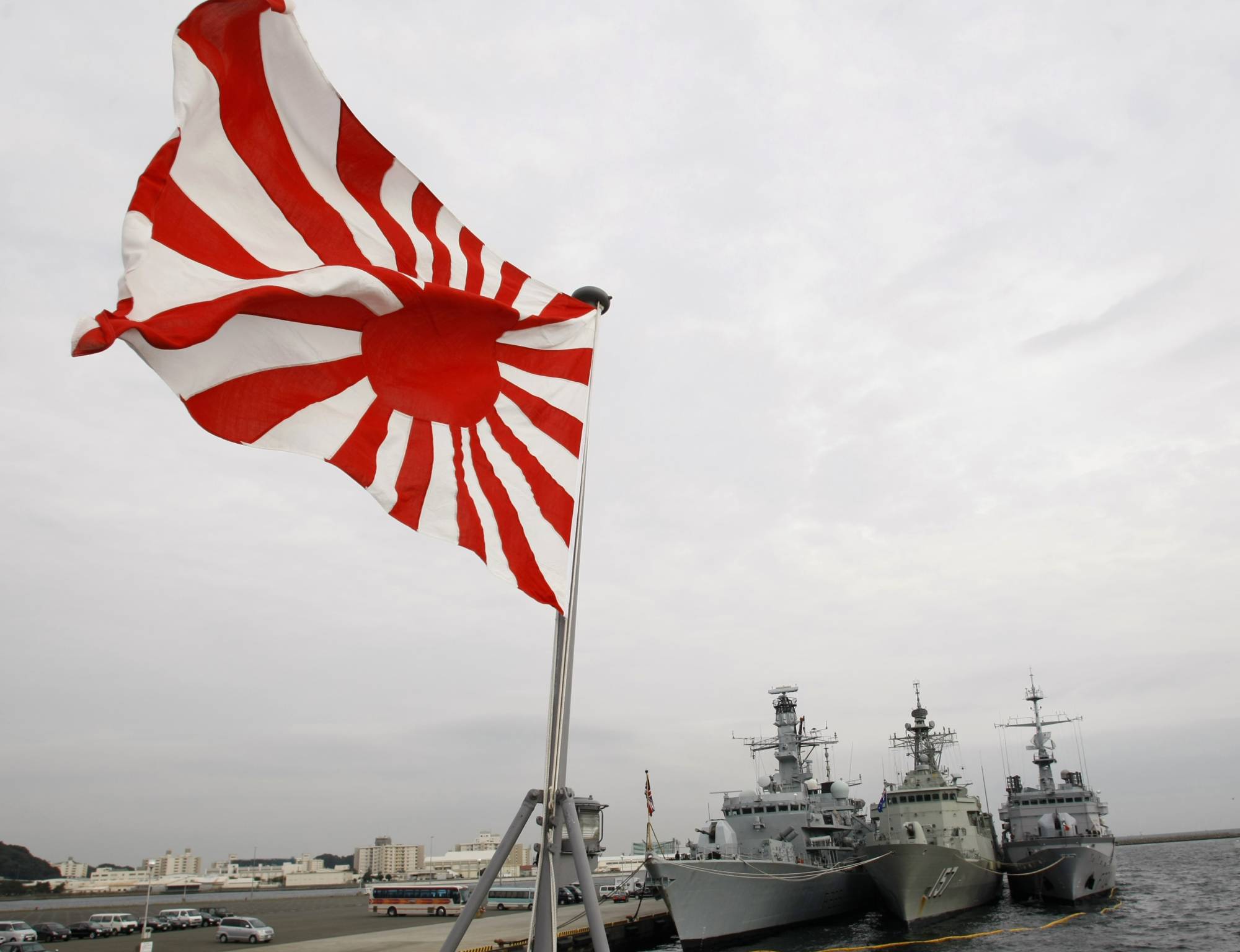“National security in Europe and the Indo-Pacific is inseparable.”
These were the words of Prime Minister Fumio Kishida at the Japan-U.K. summit held during Kishida’s January 2023 trip to Europe. After the start of the Ukraine war, Kishida described the strategic relationship between the two regions by saying that “Ukraine today may be East Asia tomorrow,” and he seems even more keenly aware of this today.
If we allow Russia to use force to unilaterally change the status quo in Europe, we permit China’s forceful expansion of its sphere of influence across East Asian waters. Both China and Russia are autocracies attempting to politically influence democratic states. Moreover, the Ukraine war has hardened their shared anti-Western stance into a nascent Sino-Russian bloc.


















With your current subscription plan you can comment on stories. However, before writing your first comment, please create a display name in the Profile section of your subscriber account page.